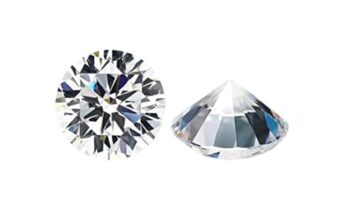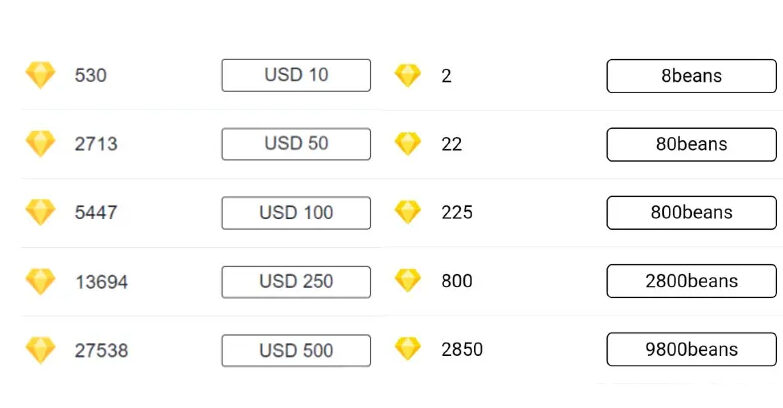Zinc is an essential trace mineral commonly found in red meat, poultry, and fish. It is necessary in small amounts for human health, growth, and sense of taste.
Zinc is found throughout the body. The body does not store excess zinc, so it must be obtained from the diet. It is necessary for immune function, wound healing, blood clotting, thyroid function, and much more. It also plays a key role in maintaining vision and may have anti-virus effects.
People commonly use zinc for zinc deficiency, diarrhea, and Wilson’s disease.
Zinc is also used for acne, diabetes, anorexia, burns, and many other purposes. There is some scientific evidence to support its use for some of these conditions. But for most, there is no good scientific evidence to support its use. There is also no good evidence to support the use of Zinc Rich Supplement Capsules.
How effective is it?
The Natural Medicines Comprehensive Database classifies efficacy, based on scientific evidence, according to the following scale: Effective, Probably Effective, Possibly Effective, Possibly Ineffective, Probably Ineffective, Ineffective, and Insufficient Evidence for Make a Determination.
The efficacy rating for this product is as follows:
Effective for
Zinc deficiency. Taking zinc by mouth or intravenous administration of zinc helps restore zinc levels in people with zinc deficiency. But taking zinc supplements regularly is not recommended. IV products can only be administered by a healthcare provider.
Probably effective for
Diarrhea Zinc intake reduces the duration and severity of diarrhea in malnourished children. 20 mg of zinc per day is the most commonly used dose. But doses of 5 to 10 mg also seem to work and cause less vomiting.
An inherited disorder that causes copper to build up in many organs (Wilson’s disease) Zinc intake improves the symptoms of this condition. Zinc blocks the amount of copper that is absorbed and increases the amount of copper that is released by the body.
Possibly effective for
Taking zinc by mouth seems to help treat acne. But it’s not clear how zinc compares to acne medications like tetracycline or minocycline. Applying zinc to the skin alone in an ointment does not seem to help.
A zinc deficiency disorder (acrodermatitis enteropathica). Taking zinc by mouth seems to help improve the symptoms of this condition.
An eye disease that leads to vision loss in older adults (age-related macular degeneration or AMD). Taking zinc by mouth, especially with antioxidant vitamins, might help slow vision loss and prevent progression of age-related vision loss in people at high risk.
Attention deficit hyperactivity disorder (ADHD) . In children, taking zinc along with ADHD medication might help reduce certain ADHD symptoms.
Taking zinc by mouth during pregnancy seems
To help improve the baby’s growth during the first year of life.
Common cold sucking on lozenges containing zinc glucometer or zinc acetate helps shorten the duration of a cold in adults. But it’s not clear if zinc helps prevent colds.
Taking zinc along with antidepressants seems to improve depression. It might also help people who don’t respond to treatment with antidepressants alone.
Diabetes: Taking zinc by mouth might help improve blood sugar control by a small amount in people with diabetes.
Diaper rash: Giving zinc glaciate by mouth to babies seems to help cure diaper rash. Applying zinc oxide paste also seems to help. But it doesn’t seem to work as well as applying a 2% eosin solution.
A mild form of gum disease (gingivitis). The use of zinc-containing toothpastes, with or without an antibacterial agent, appears to help prevent gingivitis.
Bad breath Chewing gum, sucking on candy, or using a mouthwash that contains zinc reduces bad breath.
Herpes labialize (cold sores). Applying zinc sulfate or zinc oxide to the skin, alone or with other ingredients, seems to reduce the duration and severity of cold sores.
Decreased ability to taste (hypogeusia). Zinc intake improves the ability to taste food in most people with this condition.








